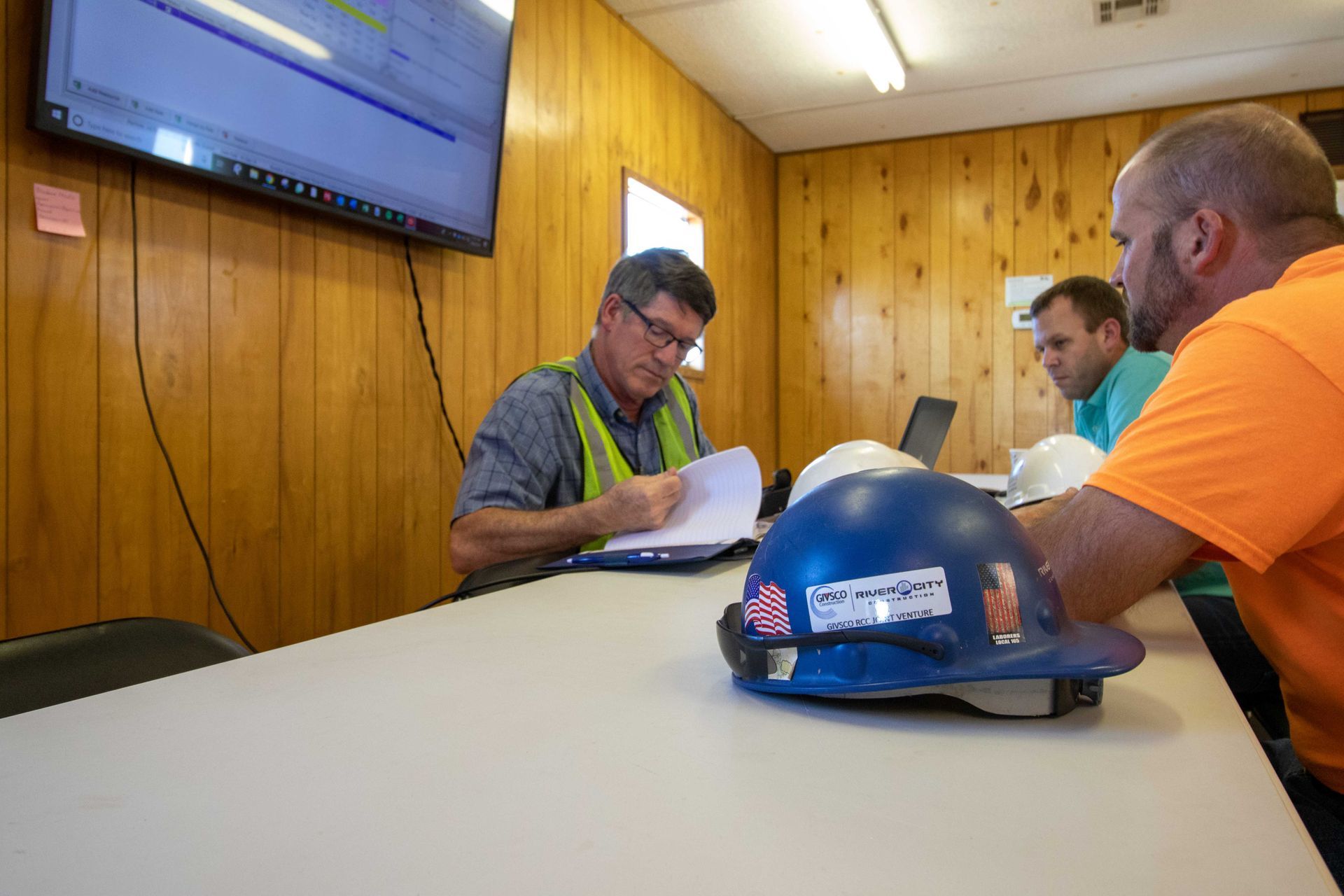Ready to Experience a Different Kind of Construction Scheduling?
Request an initial consultation on your project.


Navigation
© 2026
| Thomas D. Wilson Consulting, Inc.
(314) 918-0210 | tom@tdwilson.com |
1750 S Brentwood Blvd, Suite 307, Brentwood, MO 63144






